In Memory of George Shahinian 1922-1980
Back in the 1970’s I was introduced to alternative medicine when I watched my father go through a painful journey through his cancer treatments. This really opened my eyes to the benefits of alternatives such as acupuncture and I never forgot the “shen” (ie clarity and spirit that came back in his eyes) when he would return from these treatments. I am writing this article on the 44th anniversary of his passing.
Cancer treatment often involves a combination of surgery, chemotherapy, radiation therapy, and immunotherapy. While these treatments are essential for combating cancer, they frequently come with a host of challenging side effects, including nausea, fatigue, pain, and emotional distress. Acupuncture is gaining recognition as a complementary therapy that can alleviate many of these side effects.
BENEFITS OF ACUPUNCTURE FOR CANCER TREATMENT SIDE EFFECTS
1. Alleviating Nausea and Vomiting
Nausea and vomiting are common side effects of chemotherapy and radiation therapy. Acupuncture has been extensively studied for its effectiveness in reducing chemotherapy-induced nausea and vomiting (CINV). The stimulation of specific acupuncture points, such as P6 (Neiguan) on the inner wrist coupled with other points for detoxification, has been shown to reduce the severity and frequency of nausea, helping patients maintain better nutrition and hydration.
2. Managing Pain
Cancer and its treatments can cause significant pain, including post-surgical pain, neuropathy, and musculoskeletal discomfort. Acupuncture offers a natural pain relief method by:
Modulating Pain Signals: Acupuncture can alter the perception of pain by modulating neurotransmitters like serotonin and endorphins, which are the body’s natural painkillers.
Reducing Inflammation: By decreasing inflammatory markers, acupuncture can help reduce pain associated with inflammation.
Improving Circulation: Enhanced blood flow to painful areas can help reduce pain and promote healing.
3. Reducing Fatigue
Cancer-related fatigue is one of the most debilitating side effects, often persisting long after treatment ends. Acupuncture can help reduce fatigue by:
Balancing Energy Levels: By restoring the smooth flow of Qi, acupuncture can help combat the depletion of energy that contributes to fatigue.
Improving Sleep Quality: Acupuncture can also address sleep disturbances, another common cause of fatigue, by promoting relaxation and better sleep patterns.
4. Enhancing Mental and Emotional Well-Being
The emotional toll of cancer diagnosis and treatment can lead to anxiety, depression, and stress. Acupuncture supports mental and emotional health by:
Reducing Anxiety and Depression: Acupuncture can help regulate neurotransmitters like serotonin and dopamine, improving mood and reducing anxiety and depression.
Promoting Relaxation: The calming effects of acupuncture can help lower stress levels and improve overall emotional well-being.
5. Mitigating Hot Flashes
Hot flashes are a common side effect for women undergoing hormone therapy for breast cancer and for men receiving treatment for prostate cancer. Acupuncture can help reduce the frequency and severity of hot flashes, offering a natural alternative to hormone replacement therapy (HRT) or other medications.
6. Supporting Immune Function
Cancer treatments can weaken the immune system, leaving patients more vulnerable to infections. Acupuncture has been shown to enhance immune function by:
Boosting White Blood Cell Counts: Acupuncture can stimulate the production of white blood cells, which are essential for fighting infections.
Enhancing Overall Immunity: By balancing the body’s energy, acupuncture supports a healthier immune response, helping patients better withstand the rigors of cancer treatment.
COMPLEMENTARY THERAPIES TO ENHANCE ACUPUNCTURE’S BENEFITS
In addition to acupuncture, other TCM therapies can further support cancer patients during treatment:
Herbal Medicine: Custom herbal formulas tailored to address specific symptoms and support the body’s healing processes.
Dietary Therapy: Nutritional guidance to strengthen the body, enhance energy, and reduce inflammation.
Qi Gong and Tai Chi: Gentle exercises that promote relaxation, balance, and overall well-being.
SAFETY AND CONSIDERATIONS
Consult with Their Oncologist: Before starting acupuncture, it’s important to discuss it with your oncologist to ensure it complements your overall treatment plan.
Choose a Licensed Acupuncturist (L.Ac.): Ensure that your acupuncturist is licensed and experienced in treating cancer patients.
If you or a loved one is undergoing cancer treatment and seeking natural methods to alleviate side effects, consider consulting a qualified acupuncturist and herbalist to explore how this ancient practice can support your journey to healing.









